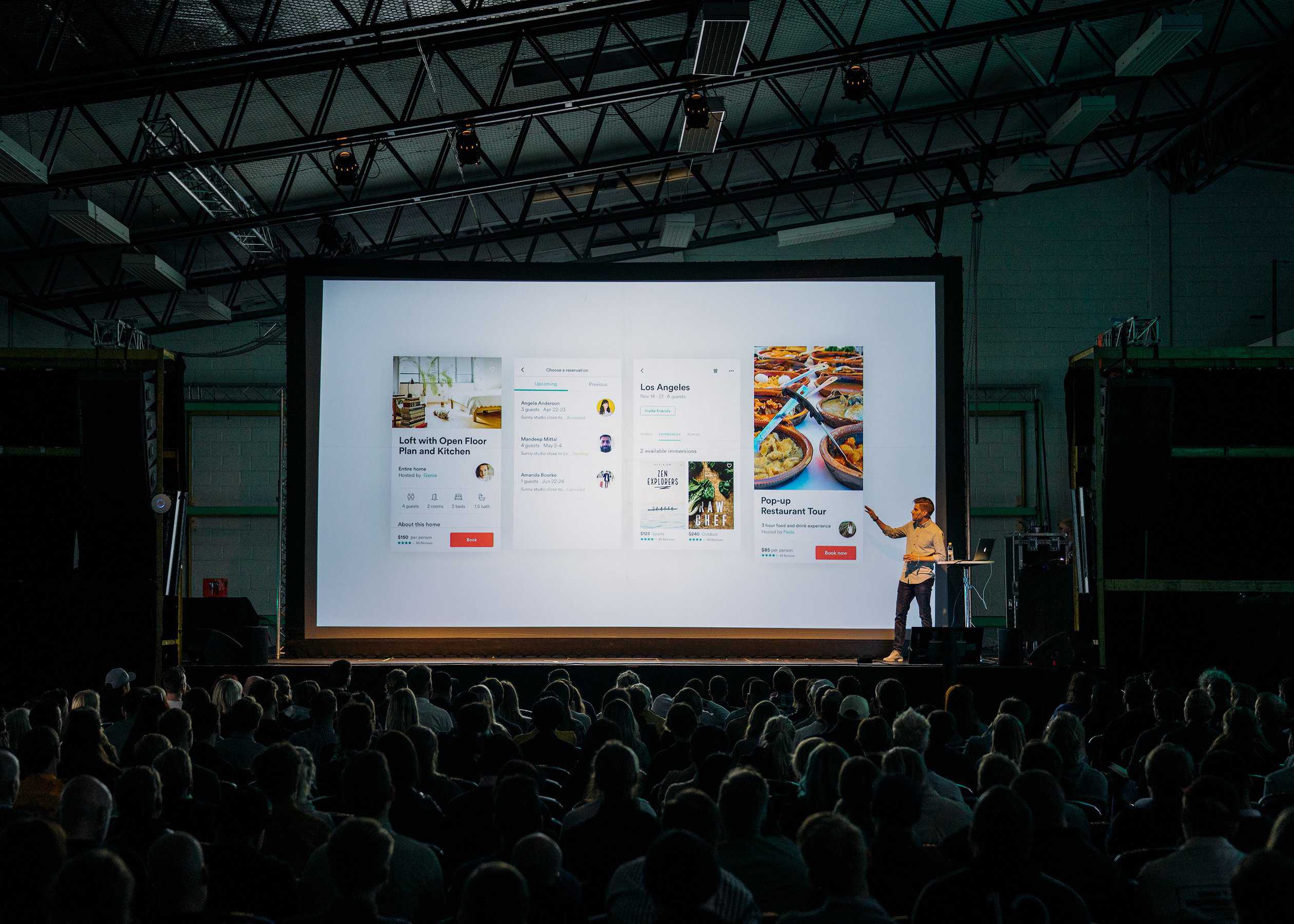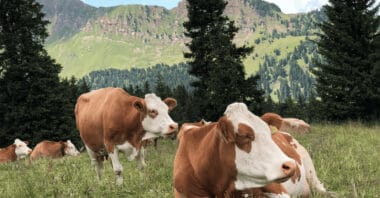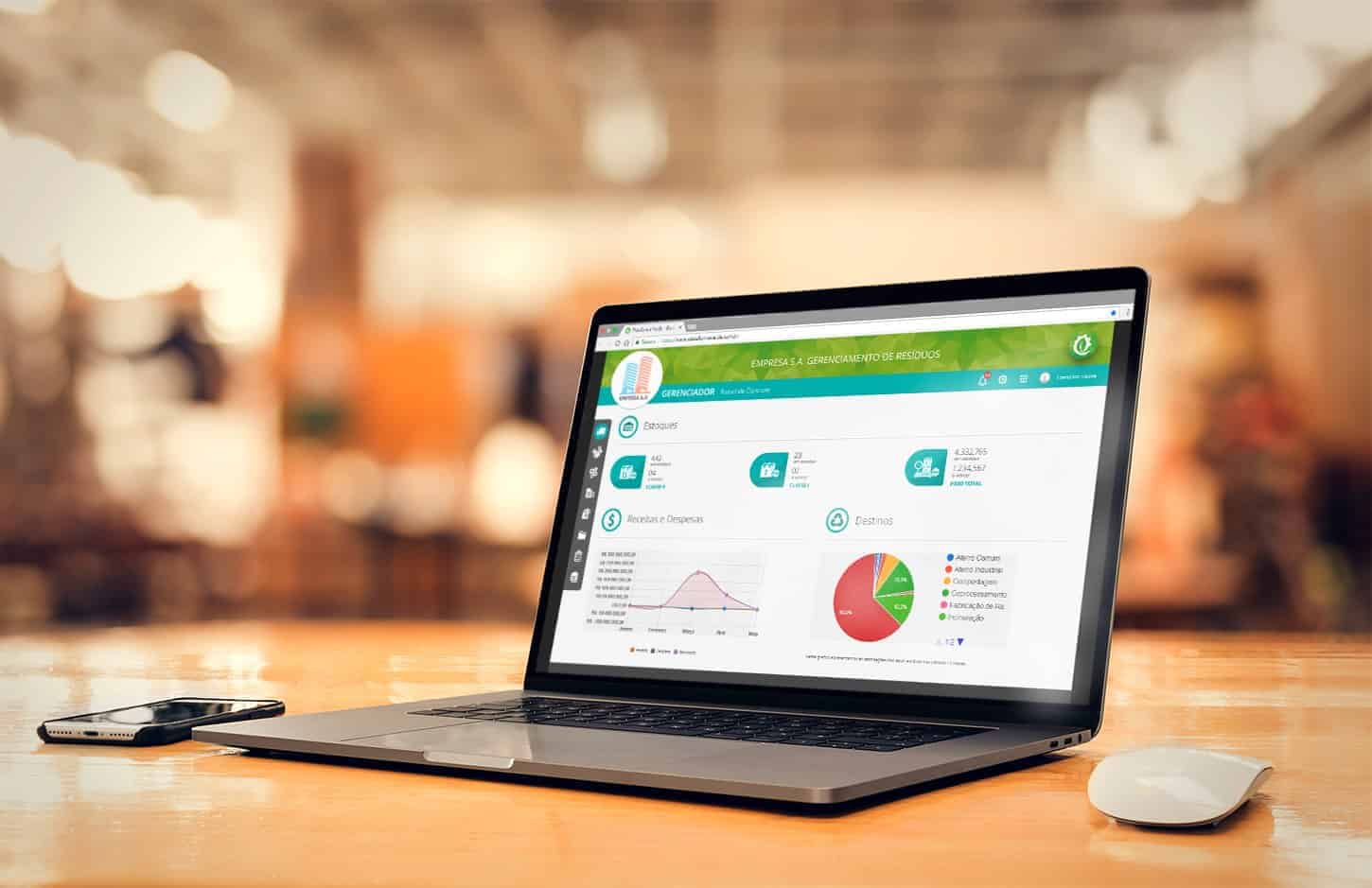Contxto – In Norwegian, the word “peiskos” signifies the warmth by a fire. Well, for a group of motivated entrepreneurs in Guadalajara, Mexico, it’s the name of an emerging startup that has developed an ecological oven.
Snapshot
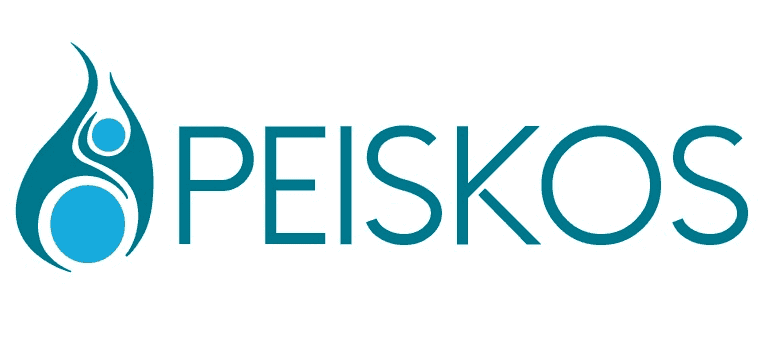
Description: Peiskos is a high-impact social enterprise solving environmental and social problems with its bio-oven that doesn’t use any fossil fuels.
Country: Mexico
Industry: Sustainability
Founders: Davide Pallotta, Edith Ibarra, Jose Castellanos, Cristina Vellegas, Citali Almaraz, Robin Cristian Munoz Cordova
Founding Date: 2019
What?
Over the past year, six young entrepreneurs created an oven prototype capable of converting water into energy without using any combustible fuels. In effect, their innovative product is a result of separating liquid molecules into hydrogen and oxygen.
The primary use of the oven is cooking. There are plenty of environment incentives, though, since it doesn’t release any CO2 or require wood kindling to operate. In the end, the founders have created an environmental solution with loads of potential.
How?
All one has to do is pour water into the electrical input to make the machine run. With the current of the water serving as the conduit, the electrolyzed molecular separation process generates energy.
“We wanted to create a machine that allows users to create their own fuel,” said Davide Pallotta, one of the co-founders of the early-stage startup. “The burning of this kind of fuel doesn’t create any kind of emissions. It is not bad for humans or humanity.”
In terms of wattage, though, the capacity is still in the process of increasing.
“Our objective is to use 10 watts in our model,” said Jose Castellanos, who leads innovation and research efforts for Peiskos. “Right now, we can make between two and five liters of hydrogen and two of oxygen. This is a lot because when the hydrogen combusts, it doubles.”
Why?
Everything is inspired by the needs of society, according to founders. In Mexico, millions of rural and urban families struggle with “energy poverty.” Therefore, many can’t secure the necessary energy for cooking, lighting, heating or entertainment purposes.
“Not only is it a problem of access, since the population needs other consumables, to cook, take a bath, for family entertainment,” said Boris Graizbord from Mexico’s Center of Demographic, Urban and Environmental Studies. “Access to energy is a key indicator of well-being.”
To make ends meet, families suffering from energy poverty often resort to damaging environmental practices. This includes burning firewood for fuel, which not only perpetuates deforestation but also presents health risks from inhaling the pollutants.
Keeping this in mind, Peiskos want to help families secure basic amenities such as running water, electricity, or even municipal services. At the same time, it aspires to deter families from burning any more biomass.
“There are many communities that have difficulties getting services like gas, lights or water,” said Edith Ibarra, who facilitates business operations for Peiskos. “Those distinctive factors shine a light on the type of vulnerable communities we want to work with.”
Status
Not requiring any biofuels to operate, the founders of Peiskos are now validating their project in vulnerable communities around Guadalajara. Within the metro area, the group recently confirmed their product proposal by presenting the prototype to a “squatting” community on the outskirts of Zapopan called El Rehilete.
“There’s no better way to validate your business idea than directly validating it with the user,” according to a recent social media post from Peiskos’ Instagram about the visit. “To be able to speak and listen to the necessities of the people gets rid of any uncertainty and always brings many lessons.”
Around 500 families reportedly don’t have the legal permits to dwell in Rehilete, although many have lived there for the past 10 years. The government refuses to provide any services to the “illegal” town without any documents to prove land ownership.
Business Model
With this, there are two business models that Peiskos has arranged to introduce the bio-oven to the public. Embracing a non-profit model on one side, the founders will either donate or sell the units at low rates to qualifying communities.
On the other hand, they intend to set up B2B (business to business) arrangements. Projected product value range from 15,000 to 20,000 pesos.
Funding
The group hasn’t raised any official VC money, but it may only be a matter of time. Last month, the group attended Talent Land’s “Startup Garden” at the Guadalajara Expo. Effective networking introduced them to the international non-profit organization, Enactus.
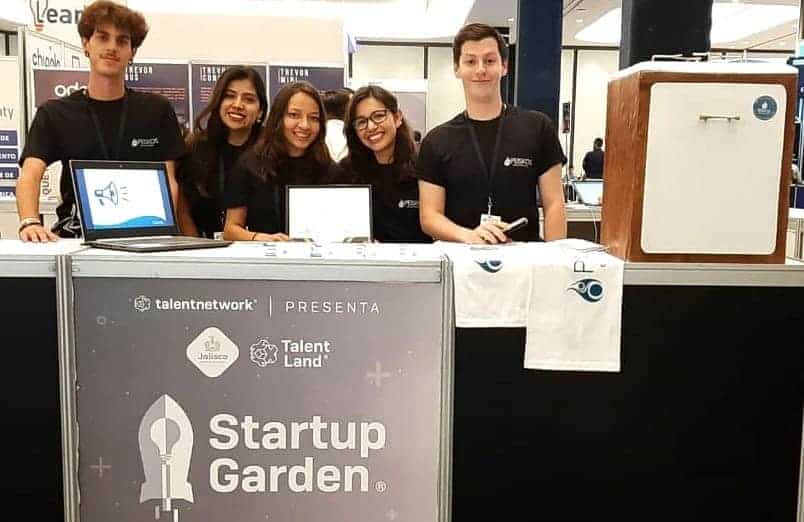
“Enactus empowers business students to make social projects to impact a lot of people,” said Castellanos.
At the convention, Enactus held a preliminary accelerator competition for social enterprises with high-impact projects. This was a collaboration with the University of Guadalajara. In the end, Peiskos competed and ultimately won the local round. Now, the group is qualifying for the national competition on June 9 in Mexico City.
Future
Next month, they will also compete at an accelerator event in Mexico City sponsored by Enactus. Whoever succeeds will go to the Enactus World Cup in San Jose, California from September 16 to 18.
Participants will soon participate in business development workshops led by industry experts and potential investors. To prepare for these big days, Pallotta shared that there’s still much to accomplish before presenting to any panel.
“We’re working a lot, validating everything we have we have in communities and users to be ready for any question coming from judges,” said Pallotta. “On the other side, we’re still trying to reach strategic partners. Our most important objective right now is getting a contact at a research center.”
Further research and development in partnership with laboratories will ensure a product that’s not only high-impact but sustainable. While the long-term goal is ultimately mission-based, the founders also want to make the most of their utility.
“We’re looking to raise a million pesos to establish ourselves and give us an important push into research,” said Ibarra. “Research and continued experimentation are very important so we can launch our product with the biggest force.”
-JA

